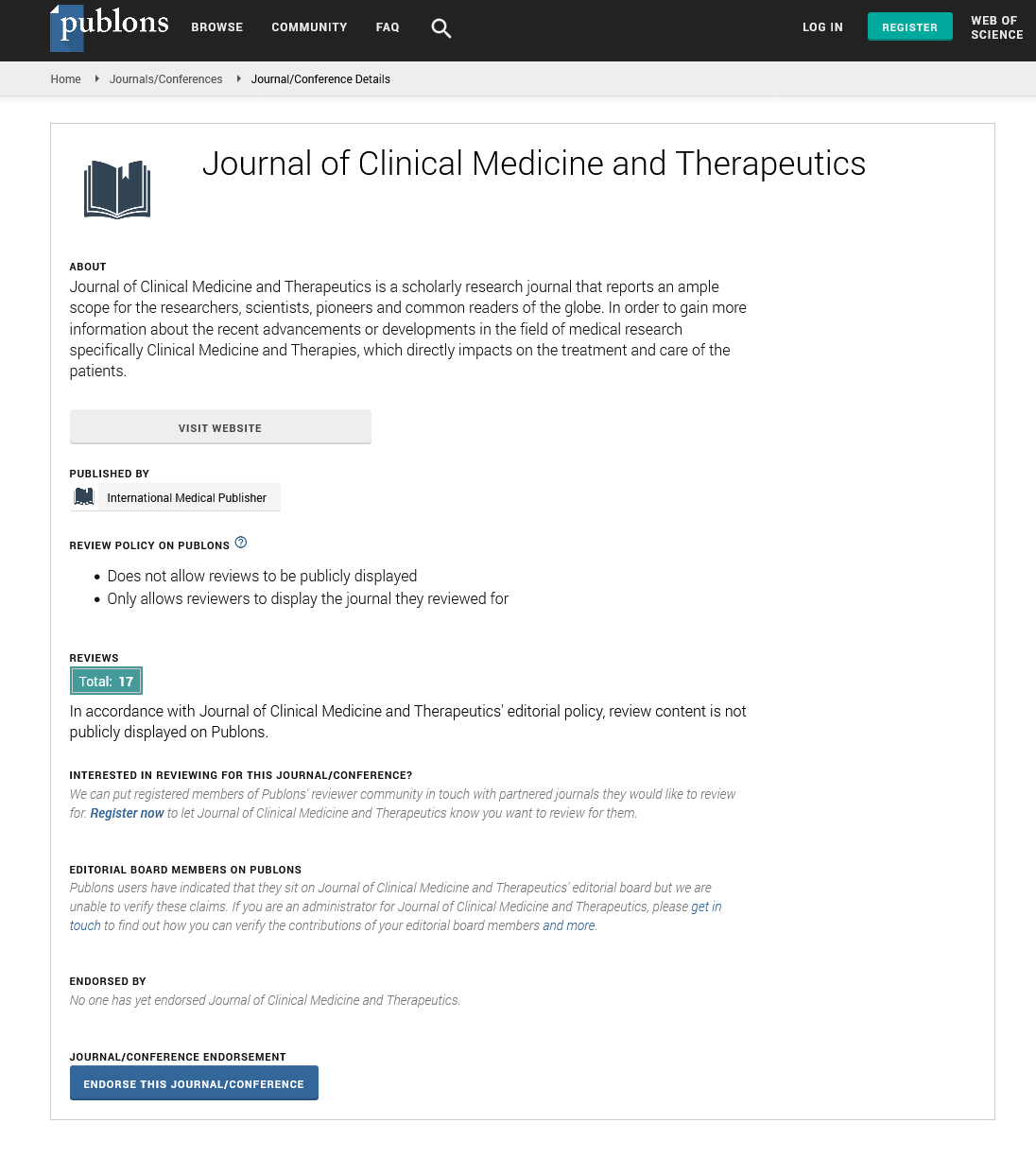Abstract
Effect of vitamin d supplementation on doxorubicin-induced cardiotoxicity in rats
Background: Doxorubicin, a chemotherapeutic agent, has been widely used in the treatment of solid tumors, bone sarcomas, and cancers of the breast, ovary, and other tumors. Unfortunately, the clinical use of this valuable anticancer drug is limited due to its life-threatening cardiotoxic effect1. Vitamin D is recently known for its cardioprotective effects2. The aim of this study: To investigate role of vitamin D on the doxorubicin-induced cardiac dysfunction. Materials and Methods: 70 female Albino-rats were divided into 4 groups: control group (C); doxorubicin-treated group (Dox): given i.p. injection of 2.5 mg/kg twice per week (cumulative dose:15 mg/kg) over 3 weeks; vitamin D-supplemented group (Vit D): given vitamin D by oral gavage in a dose of 500 IU/kg daily, 5 days a week, also for 3 weeks; and combined Doxorubicin-treated+vitamin Dsupplemented group (Dox+Vit D): rats received the same used doses for the same duration. After 3 weeks, all rats were subjected to EGG recording, determination of plasma levels of brain natriuretic peptide (BNP), cardiac troponin I (cTnI), vitamin D concentration (vit D) and total calcium level (Ca). Hearts were excised and perfused in Langendorff preparation to record intrinsic in vitro activity of the heart under basal conditions according to the technique of Langendorff. Malondialdehyde (MDA), total antioxidant capacity (TAC) and heat shock protein 20 (HSP 20) were assessed in the cardiac tissue. Also, cardiac tissue histopathological studies were performed.
Author(s): Faten Mahmoud Ali Diab
Abstract | Full-Text | PDF
Share This Article
Google Scholar citation report
Citations : 95
Journal of Clinical Medicine and Therapeutics received 95 citations as per Google Scholar report
Journal of Clinical Medicine and Therapeutics peer review process verified at publons
Abstracted/Indexed in
- Publons
- Secret Search Engine Labs
Open Access Journals
- Aquaculture & Veterinary Science
- Chemistry & Chemical Sciences
- Clinical Sciences
- Engineering
- General Science
- Genetics & Molecular Biology
- Health Care & Nursing
- Immunology & Microbiology
- Materials Science
- Mathematics & Physics
- Medical Sciences
- Neurology & Psychiatry
- Oncology & Cancer Science
- Pharmaceutical Sciences

